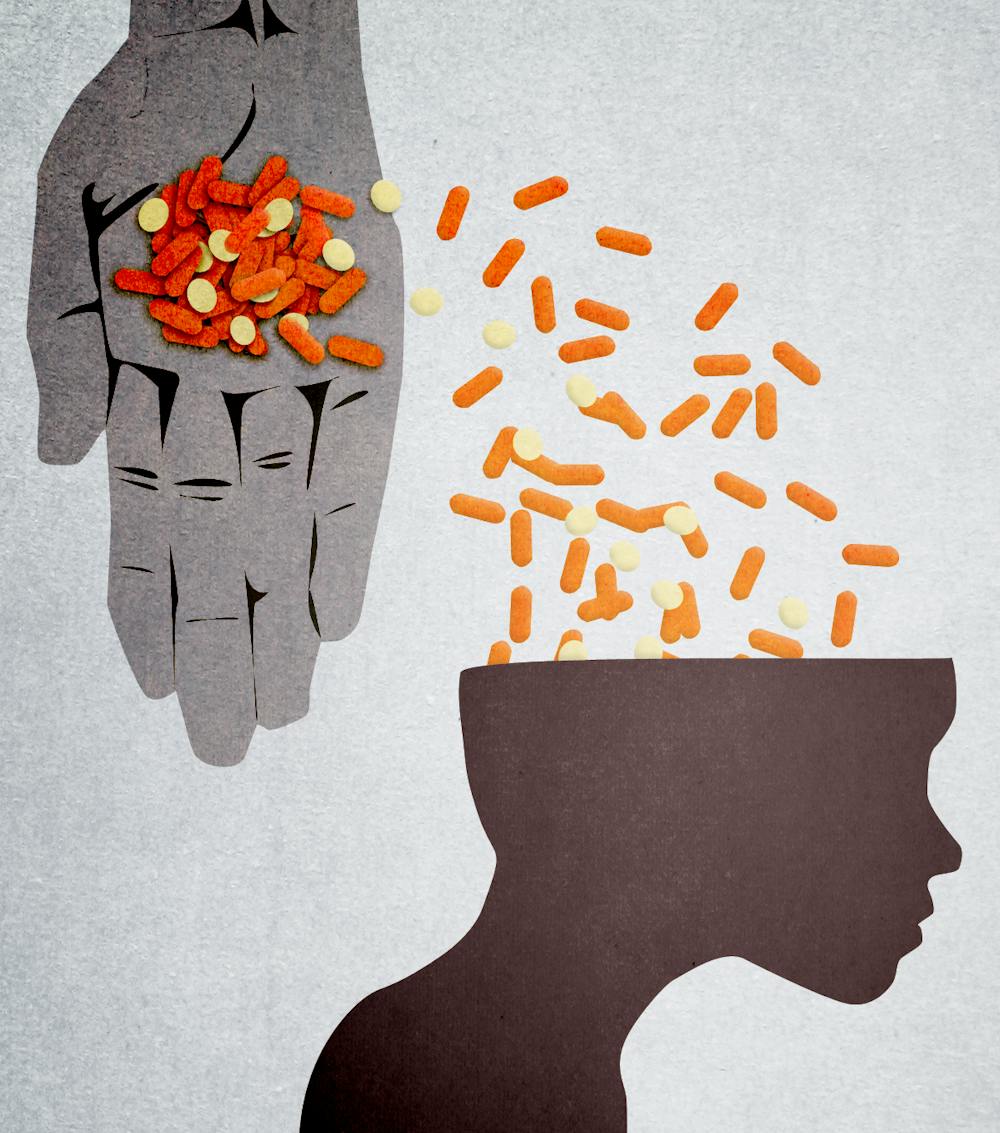By Jasmine Fleming
Correspondent
While mental health issues are gaining more recognition and positive portrayals, they are being glorified and romanticized at the same time. TV shows, movies and social media platforms portray mental health issues as being less severe, which is harmful to people who deal with mental health or do not know what they are. Some people might believe that mental health issues are intriguing to see in the media, while others might not know the significance and seriousness surrounding these issues. It is also difficult for a person’s mental health recovery to see these issues beautified.
Several TV shows, such as "13 Reasons Why” on Netflix, display misleading depictions of mental health. For example, the main character Hannah’s suicide is viewed as seeking revenge on another character. Many people criticized the Netflix show for representing suicide as a revenge option and not even focusing on mental health issues in the show. Viewers also argued that the show glorified suicide, due to the fact that people saw an increase in suicide searches as a result of watching this show. Some people are seeing mental health issues as a trend because of these shows.
In addition, movies such as “The Silver Linings Playbook” make it seem as though falling in love can be the cure to mental health struggles. While a healthy relationship may help some people with mental health issues, it is not a cure for these struggles. Horror movies, such as “Friday the 13th,” may show mental health issues as intriguing and exciting, making it desirable for the audience. These misleading messages may cause people to think that mental health issues can be cured, or perhaps people may find them as an option for them to have.
Social media platforms also glorify mental health issues and treat them as less serious. Mental health struggles are sometimes portrayed falsely on social media, especially on TikTok. People downplay their mental health issues or make jokes about them, which makes it seem like these issues are less serious than they really are. Many people dismiss mental health because they see it as insignificant and frivolous as it is shown on social media. While mental health struggles should be talked about, they should not be glorified or taken lightly on social media.
In some posts, it may even be seen as romanticizing the issue itself, such as a “get-ready-with-me while in a slump” type of video. Obviously, the content is edited and glorifies the so-called “slump,” making it seem a lot more tolerable than it is. While social media is a great way to connect and learn about mental health issues, it may be deemed as desirable and can lead to negative outcomes if posted the wrong way.
Although mental health recovery is more accepted, people are still considering it as nonsensical and nonserious. Some people still believe that mental health issues are “curable” because some shows and movies are spreading misinformation that they are “fixable.” Most mental health symptoms will not resolve themselves without assistance from treatment and support from friends and family. When a person is recovering from mental health issues, they may not want to see the romanticization of mental health issues. They would like to see a more realistic light shown on mental health.
Mental health issues need to stop being romanticized and start ensuring that they are treated with more seriousness. The misleading portrayals in media shows may lead to negative outcomes. People might look up to celebrities, shows and movies that sometimes provide false information and do not show the importance of mental health issues. Some people may treat it as a trend on social media, which can be extremely harmful toward young adults and kids.
Mental health issues are serious and significant to everyone. If you or someone you know are struggling with mental health, there are many resources: The National Suicide Prevention Lifeline, PsychCentral and more.







